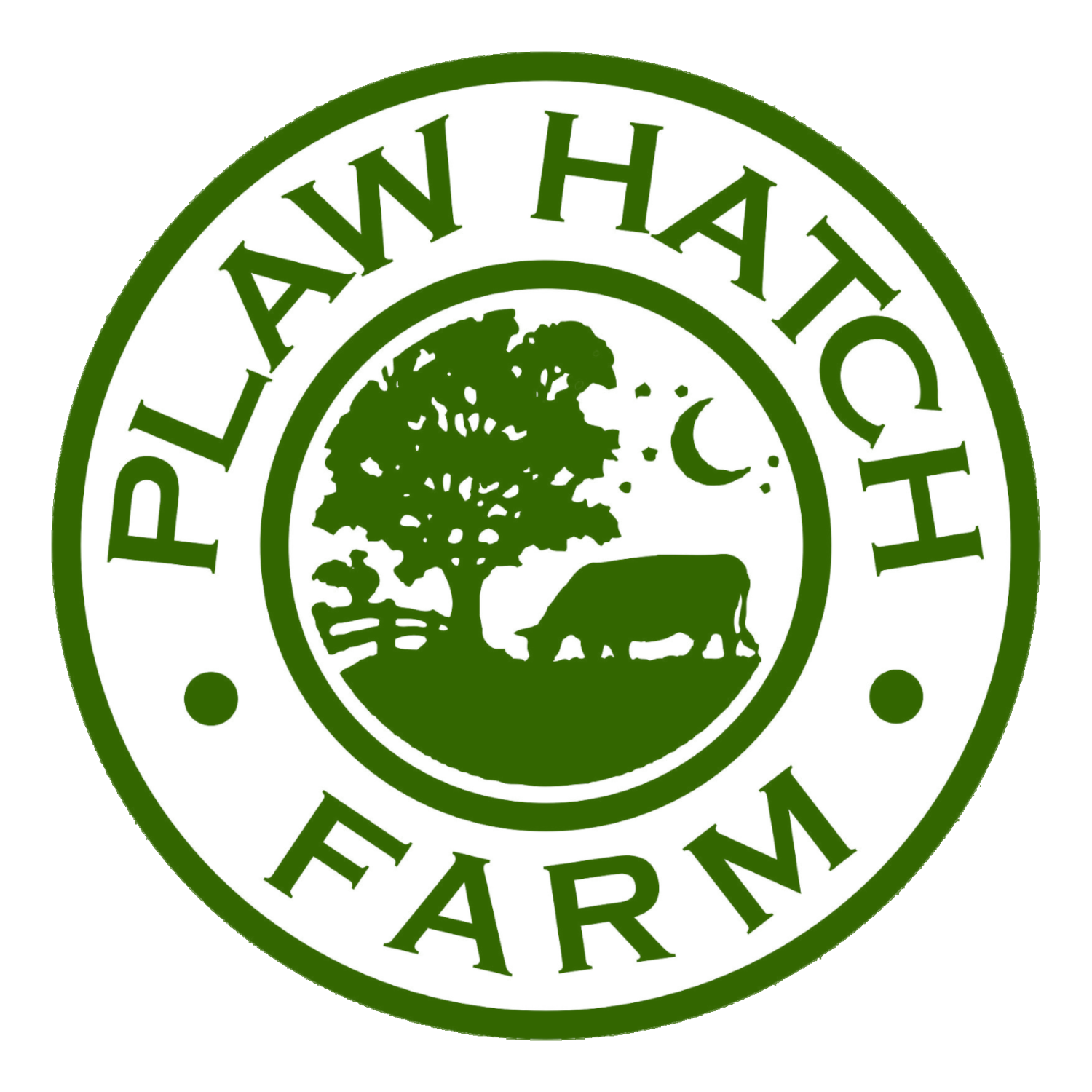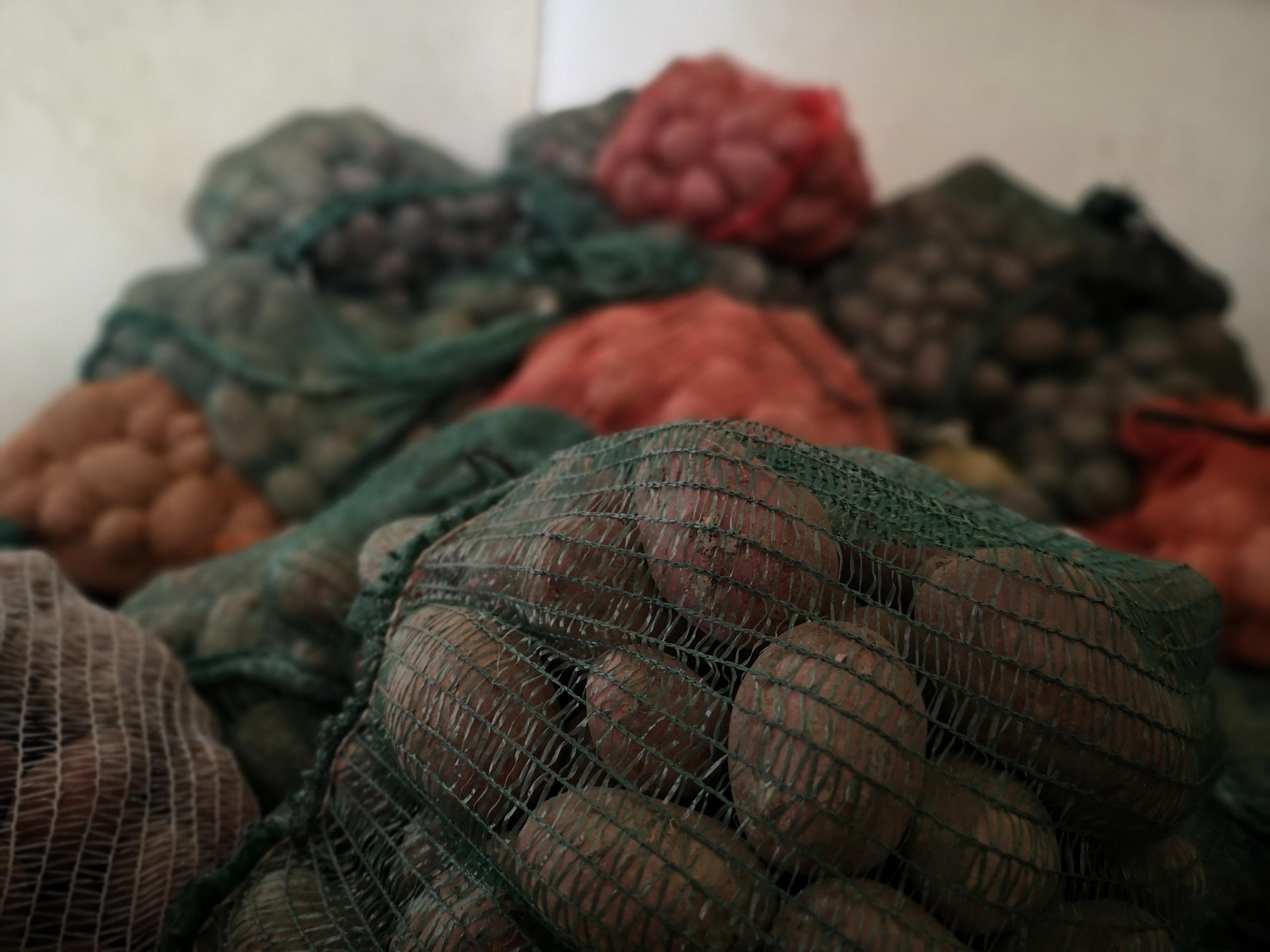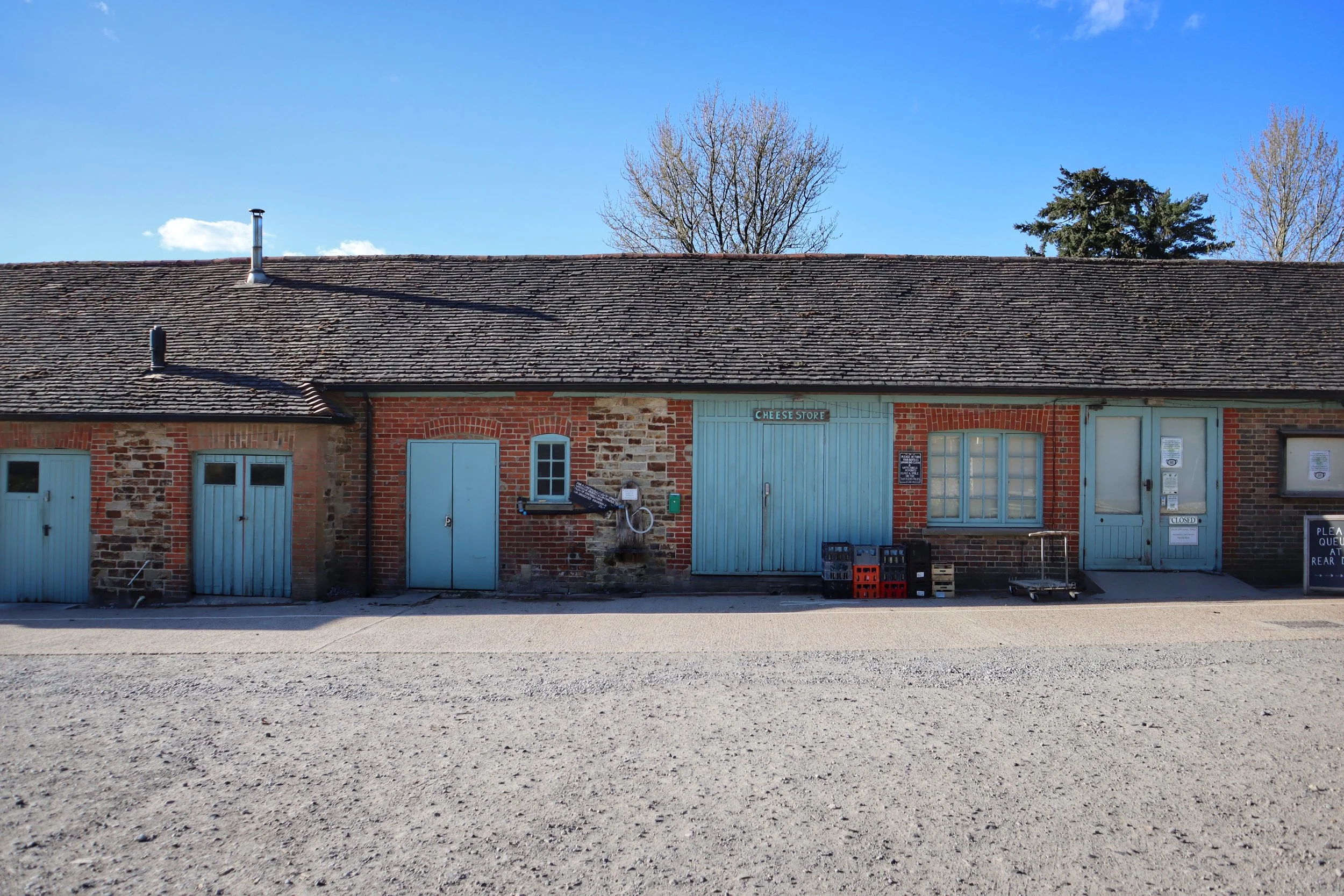The realities of a garden
LIZ CHARNELL
When the call goes out for articles for the newsletter I oscillate between two places – one place is that there is so much to say, so much to share, except to do that takes what feels like a huge amount of effort, both to compose and to write, and by this time of the year I am pretty tired by the end of the day. The other place is questioning what on earth do you want to read about considering what is in the news, on the world stage, our country’s predicament on all levels, and basically wondering what does it really matter?
I suppose I could stay in either of those places and wouldn’t get very far. Sometimes a newsletter feels like a ‘Facebook’ page where everything seems rosy, cheerful and the truth of the difficulties, challenges and the hard work of life is hidden by mutual agreement.
And then I look at the news and tell myself to get over it! I can hear Jenny tell me that we can only do our bit and that ‘bit’ is what is important. So here goes…
I have been at Plaw Hatch a very long time relatively speaking (15 years) and in that time I have had good years, bad years, indifferent years and superb years of production. In the last three to four years though the experience of the previous eleven or twelve has been of no help whatsoever.
Where there used to be seasons, a rhythm to the growing year, there is now just ‘cross your fingers and hope’. Where there used to be a willing stream of young international volunteers from Europe, and students from the Dutch Biodynamic College (Warmonderhof) there is now red tape and a no entry sign. Countering those rather challenging aspects I can also say where there used to be an uncertainty as to footfall through the shop there is now an insatiable demand for our products.
Gardening remains hard work, however much Monty Don may make it look not so, and growing vegetables in a political climate that has very little understanding of how food actually gets from the producer to anyone’s kitchen table (let alone the unpredictability of that same climate) means we are very grateful to the crops that have been successes, and we move on quickly from those that were or are, to put it bluntly, failures.
Let me briefly talk you through our growing year so far – a very wet spring meant that we could not get out on the land to plant the onion sets. When we did it was almost two months later than when we would normally have done it. That meant we were trying to plant thousands of onions whilst at the same time planning to plant out the early brassicas, swede, celeriac, broccoli, potatoes, squash, courgettes, as well as all the summer tunnel crops, not to mention the potting on of the tomatoes, peppers, flowers, parsley and celery.
Put all of that into the equation with the lack of helpers. Then think of all the weeds that are now taking over all the early crops that we have actually managed to plant out (and cover). Plus, we have had to water because there was that dry and warm spell (can’t even remember when!) which was really good for the tomatoes, unlike last year when they pretty much boiled in the heat. It was also a great year for soft fruit BUT soft fruit needs picking – every single redcurrant and blackcurrant is picked by hand which is absolutely wonderful except that the hours of picking soft fruit means those pesky weeds are just getting bigger, so much so that our leeks disappeared under the redshank weed.
I would love to say that leeks and redshank can grow alongside one another but sadly that is not the case and so there is now the weeding of the leeks…and so it goes on.
I know that biodynamic/organic gardening is a euphemism for weeding – you have to love weeding to be in this business. Of course, there is the harvesting which even after all this time I still love…the picking of spring greens or black kale, the filling of boxes with green tomatoes knowing that there are some people out there who still making chutney. I work with Emma whose flower arrangements leave me in awe, knowing those flowers, that creation, came from this garden. And then there’s the shop where it all looks beautiful.
It is getting more and more challenging though and it is not just because I am 15 years older (although a definite factor!!!). We have to rethink what we grow and how we grow it. We have to be smarter, more resourceful as our resources are stretched. Perhaps less is more. Perhaps we have to think about no dig, woodchip mulching. No year is ever the same as the last and plans are to be laughed at in the greater scheme of things and yet our world is telling us to do it differently on so many levels and we would be wise to listen.







